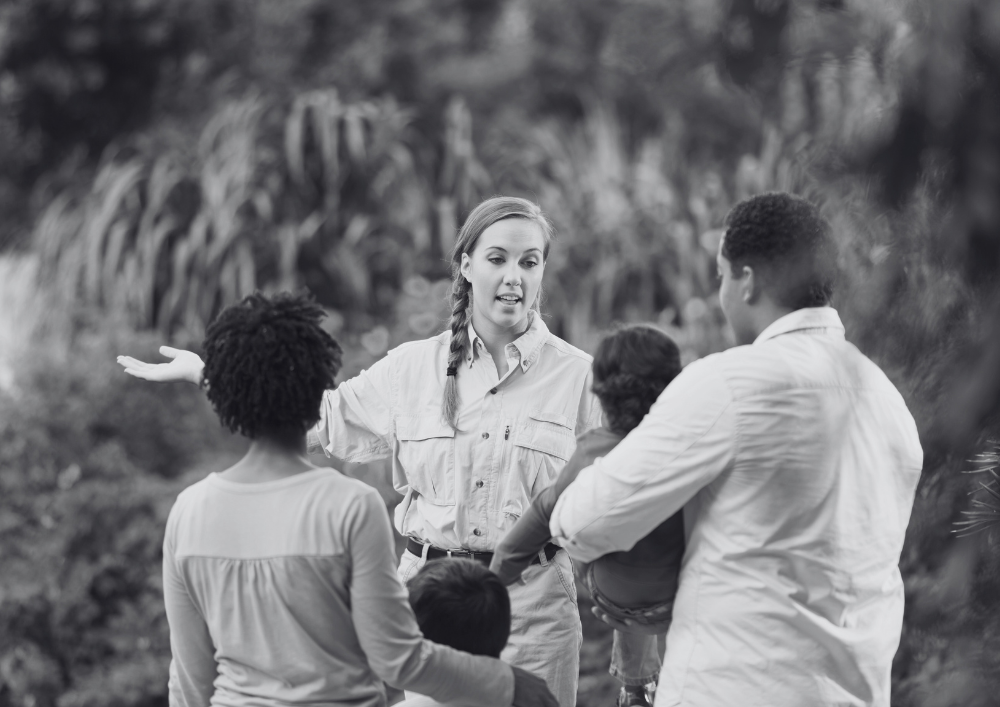Introducing the principles of quality heritage interpretation for site managers
HERITΛGE kicked off its 2024-2025 Online Workshop program with the Introduction to Heritage Interpretation for Site Managers workshop in early October. 19 participants from 15 different countries (Afghanistan, Botswana, Egypt, Ethiopia, Iran, Lesotho, Malawi, Namibia, Nigeria, Romania, South Africa, Sudan, Tanzania, Turkey, Uganda) attended the online course which aimed to introduce the principles of quality heritage interpretation and how these can be applied to a range of sites.
The course was led by Valya Stergioti, an interpretive trainer, planner and consultant who has run a multitude of heritage training interpretation workshops all over Europe. Penelope Gkini* delivered the keynote speech where she shared insights on Heritage Interpretation from her project in Armenoi village, Northwest Crete.
Heritage Interpretation provides a well-structured framework for non-formal learning, aimed at creating meaningful and unforgettable experiences for visitors. Over the course of three days, participants were introduced to the concept of heritage interpretation and through a combination of interactive exercises, group work, presentations and discussions, participants learned how to turn phenomena into experiences.
The 3-day intensive workshop was well received and participants were able to develop knowledge of how to provoke resonance in visitors of heritage sites and foster a greater respect for all heritage across a range of sites in different countries.
“I’ve loved everything of this course. Particularly that we were able to take part in all discussions. As a person who wanted to know more about Heritage I was pleasantly surprised on what it entails,” said Miriam Uithaler, from the Jounou Arts and Culture Foundation
“What I liked the most about the course is the opportunity it gave me to learn from other heritage site managers, to see the work that they are doing in their respective countries” said Pontso Masithela, from Sereti sa Makhoarane Heritage and Tourism Network. “It really inspired me and increased my love and appreciation for heritage management. My project is going to benefit greatly because now I have acquired new skills and knowledge on ways to effectively interpret heritage sites or objects. And I am going to share it with my colleagues.”

